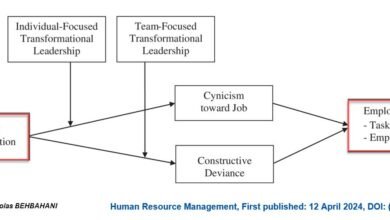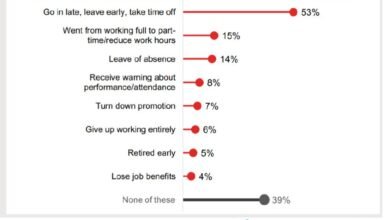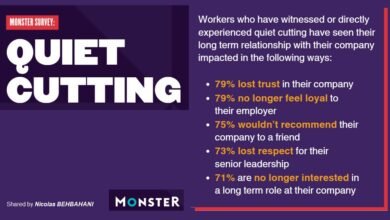Why Employee Experience And Performance Management Are Two Sides Of The Same Coin

By | David Green | Co-Author of Excellence in People Analytics | People Analytics leader | Director, Insight222 & myHRfuture.com | Conference speaker | Host, Digital HR Leaders Podcast
Organisations live or die based on the culture they create. And it is not just voice of the employee. It is understanding the relationship between voice of the employee and performance of the employer, performance of the team.
My guest on this week’s episode of the Digital HR Leaders Podcast is Greg Harris, CEO of Quantum Workplace, which “helps collect, helps analyse and helps activate on the voice of the employee,” was founded in 2003 and has since emerged as one of the pioneers in the revolution of the employee feedback market.
Greg believes that “the economic value of employee feedback is probably equal to or greater than input from customers” and that “employee feedback is the first step in creating an inclusive environment.” In our conversation, Greg also explains why “employee engagement and performance management are two sides of the same coin.”
Employee experience is the biggest thing in the organisation since email
You can listen by clicking on the image below or by visiting the podcast website here.
In our conversation Greg and I discuss:
- What modern employee feedback looks like and how it has evolved over the last 10 years: “Employee feedback today is more continuous, it is more real-time. The cadences of that feedback are woven into the rest of the business cycle. We don’t monitor our financial success just on an annual basis, so we certainly don’t monitor employee feedback on an annual basis. Ten years ago, feedback was an HR application. Today, enterprise feedback is an organisational application.“
- How CEOs have used employee listening to improve communication and workforce engagement during the pandemic: “Employees were looking at increased effort for strategic communication, increased empathy, increased actual care from managers and from senior leaders wanting to know how people were doing, how people were coping, how people were adjusting to all of this change…”
- A powerful example from BKD, an accounting firm, who saw improved business outcomes through increasing the frequency of performance conversations: “Their business was changing at a pace where their feedback tools weren’t keeping up. Simply solving for frequency, improved performance, improved retention and decreased the amount of administrative burden on the process.“
- How to drive action, behaviour change and a culture of inclusion from the insights arising from employee feedback: “Being very strategic about the questions that we ask and the cadence that we ask them. Agreeing on what the signal is: What is the story in the voices that we have collected? What are the one or two things that are the most interesting in the data and the most actionable? Communicating out to the organisation what the insight was and what was learned is the most important step.“
- How EX and people data is driving a similar change in HR to that CX and customer data has already had to marketing: “EX is probably five to eight years behind CX, but I would argue that ultimately the economic value of our employee’s feedback is equal to, or greater than the economic value of any single customer feedback.“
- How companies should approach performance management in the future: “I think there comes a day where we lose the language of performance management. We start talking about performance conversations, we start talking about coaching.“
This episode is a must-listen for anyone interested or involved in employee listening, employee experience programs and the reshaping of performance management. So that’s chief human resources officers, and anyone in an employee experience, People Analytics, Culture or HR Business Partner role.







